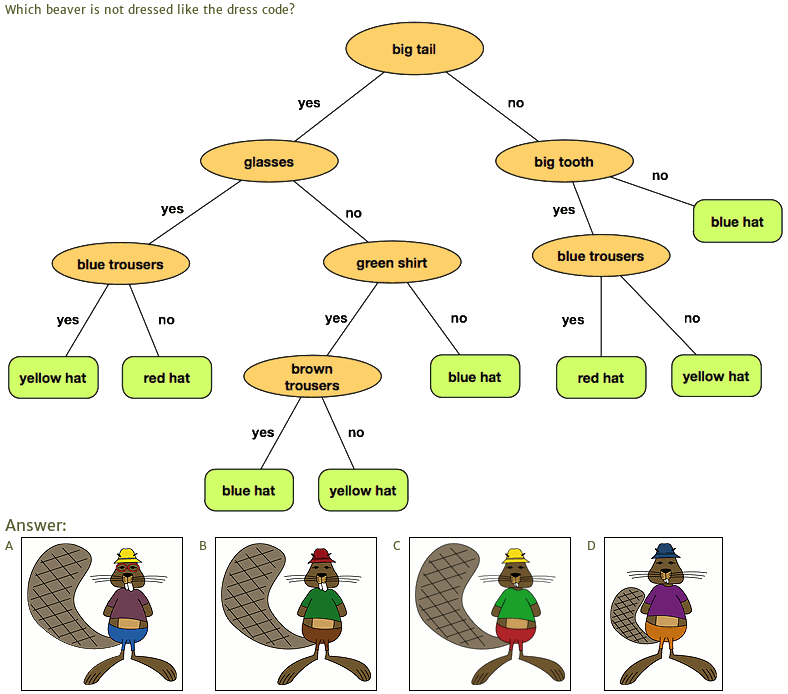Computational Thinking
Computational thinking (CT) involves a set of problem-solving skills and techniques that software engineers use to write programs that underlie the computer applications you use, such as search, email, games, maps…
However, computational thinking is applicable to nearly any subject. Students who learn computational thinking across the curriculum begin to see a relationship between different subjects as well as between school and life outside of the classroom.
Specific computational thinking techniques include:
- problem decomposition,
- pattern recognition,
- pattern generalization to define abstractions or models,
- algorithm design, and
- data analysis and visualization.

Why learn this?
Computational thinking will become a critical skill for 21st-century students. Not only is this skill critical for ultimately our population to use computing and technology effectively, CT also supports and enhances the learning of any more traditional curriculum. In the 21st century, students need to develop CT skills, along with “reading, writing, and arithmetic”.
How to start?
Find opportunities to highlight patterns; generalize rules and algorithms from those recognized patterns; and optionally, formalize the rules and procedures into a simple computer program.
Another aspect of CT is “data skills”, that is, being able to collect, analyze and represent data in meaningful ways. This is an important skill no matter what area you choose for your career.
It is in math and science where patterns, algorithms, and data are most naturally found, and can be most easily formalized into programs. But there are many opportunities in other topic areas. For example, data skills can be developed in social studies when you study battle statistics or population data, identify trends, and summarize their findings.
Task
- Read the following short introduction by Google: Exploring Computational Thinking
- Click on and study all of these Bebras.org Task Examples. Try to answer the questions without seeing the solutions first. If you find any example hard, don’t hesitate to ask for help.
- Solve the 7-minute Bebras Mini-contest and see how you did.
Additionally, read this Computational and Procedural Thinking wiki section.
Now feel free to investigate computational thinking further, or play Computer Science-related games you can play with your friends.